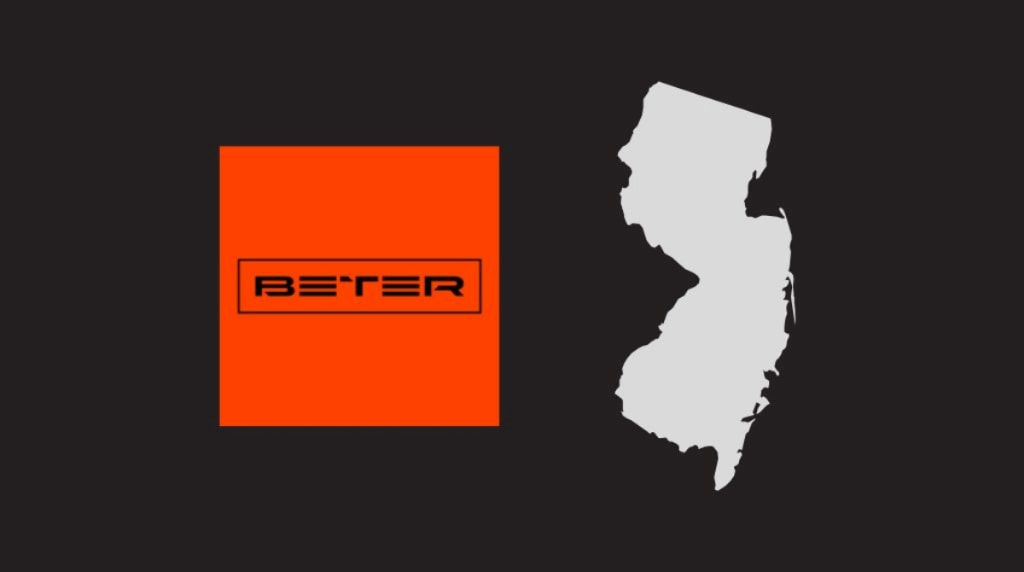The $1 Trillion Gamble: America’s Online Betting Crisis Uncovered
The Campaign for Fairer Gambling is warning Americans will have lost one trillion dollars in wagers online by 2028.

Americans are close to losing a trillion dollars gambling online. © Mackenzie Marco, Unsplash
Key Facts:
- One trillion in dollar bills stacked would stretch past the sun
- Reporting from YieldSec estimates the Illegal gambling market in the US is $40 billion a year
- Legal online sports betting revenue in the US will total 16 billion in 2024
- With online betting over 25 years old, estimates are of 1 trillion in losses by 2028
One trillion dollars is a staggering amount of money. If you spent a million every day, it would take about 2700 years to burn through a trillion. Still, according to the new estimates put out this week by Campaign for Fairer Gambling, US consumers will have lost that amount in online wagers in about three decades.
And looking at current and projected spending on sports betting, which has grown to more than 38 states, the seven states that have so far legalized online gaming, the booming black and grey markets in offshore and sweepstakes casinos, and the ever-expanding i-lottery business, it will take fewer than ten years for US gamblers to lose the next trillion.
The Campaign for Fairer Gambling Also Highlights Recent WHO Report
The World Health Organization also recently highlighted some disturbing news on the gambling front. They estimate that 1.2% of the global population currently has a gambling problem. In their estimates, about 60% of gambling revenue comes from players who are wagering at a problem level.
They estimate global gaming revenue to be $700 billion by 2028, which is one way of saying that people will lose $700 billion a year worldwide to online casino games as the popularity and availability of gambling on mobile devices continue to accelerate.
They also pointed to studies from Australia that purport to show that 4.2% of suicides are tied to gambling, or a Swedish report that indicated gambling disorders increased the likelihood of suicide by more than 15 times. This, combined with studies showing that those who gamble at high-risk levels affect, on average, more than six other individuals negatively, left WHO officials feeling like they must speak out on the health dangers posed by increased gaming globally.
Amongst other measures, the WHO has asked for the following ones to be carefully considered by individual countries:
- Putting an end to gambling advertising
- Universal account registration with string self-exclusion tools across platforms
- Srtong national advertising about the harm from gambling products
- Working to reduce the shame and stigma felt by gambling addicts
- Universal loss limits, maximum bets, and breaks in all gambling sessions
The Campaign for Fairer Gambling Past Success
The Campaign for Fairer Gambling was relaunched last year after four years of resting on its laurels. The reconstituted campaign is now focused on bringing an evidence and data-based approach to online gambling policy in the US.
Interestingly, the campaign is mainly financed by Derek Webb, most famously known as the creator of Three Card Poker, a wildly popular casino game in the late 90s and early 2000s. He sold the non-UK rights to Shuffle Master, now Light and Wonder, for $25 million in 1999 and has made considerably more than that over the years in litigation based on that sale and defending his copyright for the game from infringement.
He and the Campaign for Fairer Gambling were instrumental in getting the UK to reduce its maximum bets on its Fixed Odds Betting terminals from as much as 100 pounds to a maximum of only 2 pounds in 2019. In Great Britain in 2024, he is one of the top five donors to the Labour Party. He strongly advocates social democratic reform in government, especially laws around gambling reform.
The changes he championed cost the UK Government about 40% of FOBT proceeds, but many, including Webb himself, felt it was a win for both sides, with the gambling operators finding ways to still make profits while not preying on the young or vulnerable.
This latest report about a trillion in losses from American consumers is meant as a warning shot across the bow of American remote gaming operators, no doubt. But Webb and his campaign will likely find the hyper-partisan world of D.C. quite different from the bi-partisan quorum he managed to put together to challenge the FOTB operators in London. Looking over the impressive PR and Lobbying group he has put together in the past year, perhaps we shouldn’t count him out just yet, though.




